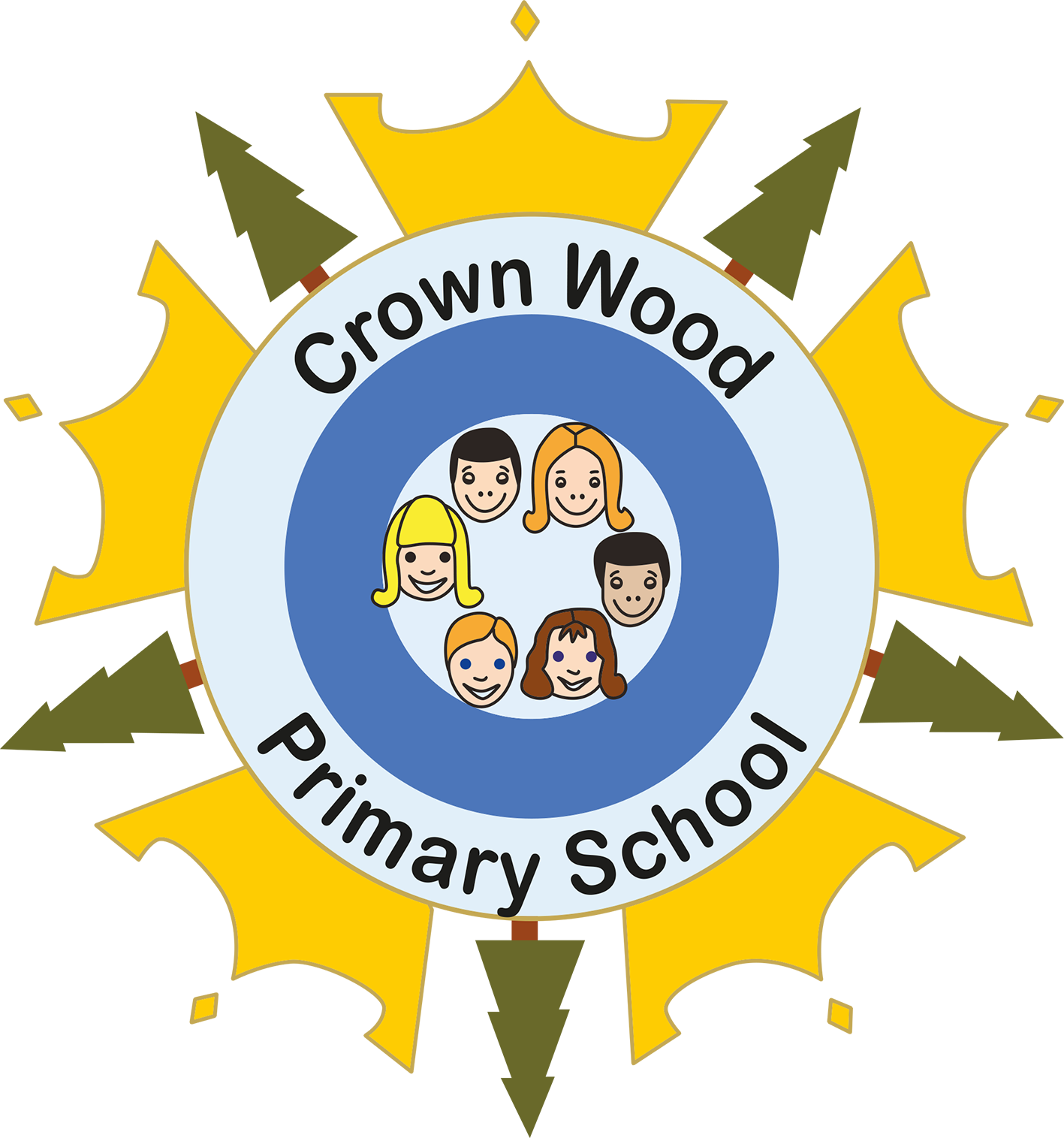Religious Education (RE) Policy
The Legal Position
The school, in accordance with the 1996 Education Act, provides Religious Education (RE) for all pupils registered at the school. Unlike other subjects of the National Curriculum, RE is taught in accordance with a locally agreed syllabus. In our case, this is the Pan-Berkshire Syllabus.
Aims
Religious education aims to help pupils to:
- acquire and develop knowledge and understanding of Christianity and the other principal religions represented in Great Britain;
- develop an understanding of the influence of beliefs, values and traditions on individuals, communities, societies and cultures;
- develop the ability to make reasoned and informed judgements about religious and moral issues;
- enhance their spiritual, moral, social and cultural development;
- develop a positive attitude towards other people, respecting their right to hold different beliefs from their own and towards living in a society of diverse religions;
The purpose of RE does not include any attempt to alter a child’s beliefs. In accordance with the locally agreed syllabus, our RE programme is designed not ‘to convert pupils or urge a particular religion or religious belief on pupils’.
Planning and Delivery
Questions form the heart of the Locally Agreed Syllabus to highlight that RE is an exploration and enquiry that can give rise to diverse answers and beliefs. The religious education curriculum is based on two attainment targets laid down in the Agreed Syllabus:
- Learning about religion
- Learning from religion
We use the JIGSAW Scheme of Work (https://jigsaweducationgroup.com/programmes/jigsaw-re/) to support the planning and teaching of RE. This scheme of work meets the objectives and expectations of the Pan-Berkshire Syllabus.
EYFS
During their Reception year, children begin to explore the world of religion in terms of religious figures, books, times, places and objects and by visiting places of worship. They listen to and talk about stories. RE makes an active contribution to:
- Personal, social and emotional development
- Communication, language and literacy
- Knowledge and understanding of the world
- Creative development
Key Stage 1
In Year 1-2, pupils will engage with the following key questions:
- What do people believe about God, people and the natural world?
- How and why are some stories and books sacred and important in religion?
- Why am I special?
- What does it mean to belong?
- What can people learn from religious leaders and teachers?
- How and why are religious celebrations important to people?
- How and why do symbols express religious meaning?
Pupils’ answers to these questions will draw on Christianity and other religions, including Islam, Hinduism, Judaism and Sikhism, as appropriate.
Key Stage 2
During Years 3-6, pupils will engage with the following key questions:
- How do people’s beliefs about God, the world and others affect their lives?
- How do sacred texts and other sources help people to understand God, the world and human life?
- Why and how are people influenced and inspired by others?
- What is expected of a person in following a religion or belief?
- How do religious families and communities practise their faith, and what contributions do they make to local life?
- How do religions and beliefs respond to global issues of human rights, fairness, social justice and the importance of the environment?
- Why, where and how do people worship?
- Why are some occasions sacred to believers?
- How do people’s beliefs about life after death influence the way they live?
- How and why religious and spiritual ideas are expressed in the way they are?
Pupils’ answers to these questions will draw on Christianity and other religions as appropriate.
Pupils have opportunities to develop the skills and attitudes required by the Agreed Syllabus:
|
Skills Communication Application of number Computing Collaboration Improving own learning and performance Problem solving Thinking creativity |
Attitudes Commitment Fairness Respect Self-understanding Enquiry Open mindedness
|
Teaching, Learning & Assessment
In the teaching and learning of RE, a variety of resources, styles, and techniques are used. At Crown Wood, we teach RE to all children, whatever their ability. RE forms part of our commitment to provide a broad and balanced curriculum and to promote the children’s social, moral, spiritual and cultural development.
Teachers use formative assessment to support and challenge children. The Discovery scheme provides assessment tasks and marking criteria allowing teachers to make summative judgements. The children are actively encouraged to assess their own learning and progress.
Role of Assemblies
It is a statutory requirement for the children to gather for a daily act of collective worship. Daily, weekly and termly assemblies provide opportunity to observe examples of work, share individual successes and aid the children’s spiritual, moral, personal and social development although this is not part of teaching and learning in Religious Education.
Withdrawal from RE lessons
Parents may withdraw their children from all or any part of RE and teachers can exercise their right to withdraw from teaching the subject. However, we hope that all parents and teachers will feel comfortable with the RE curriculum and approach at this school. Parents who wish to withdraw their children must provide written notification to this effect to the Headteacher.
